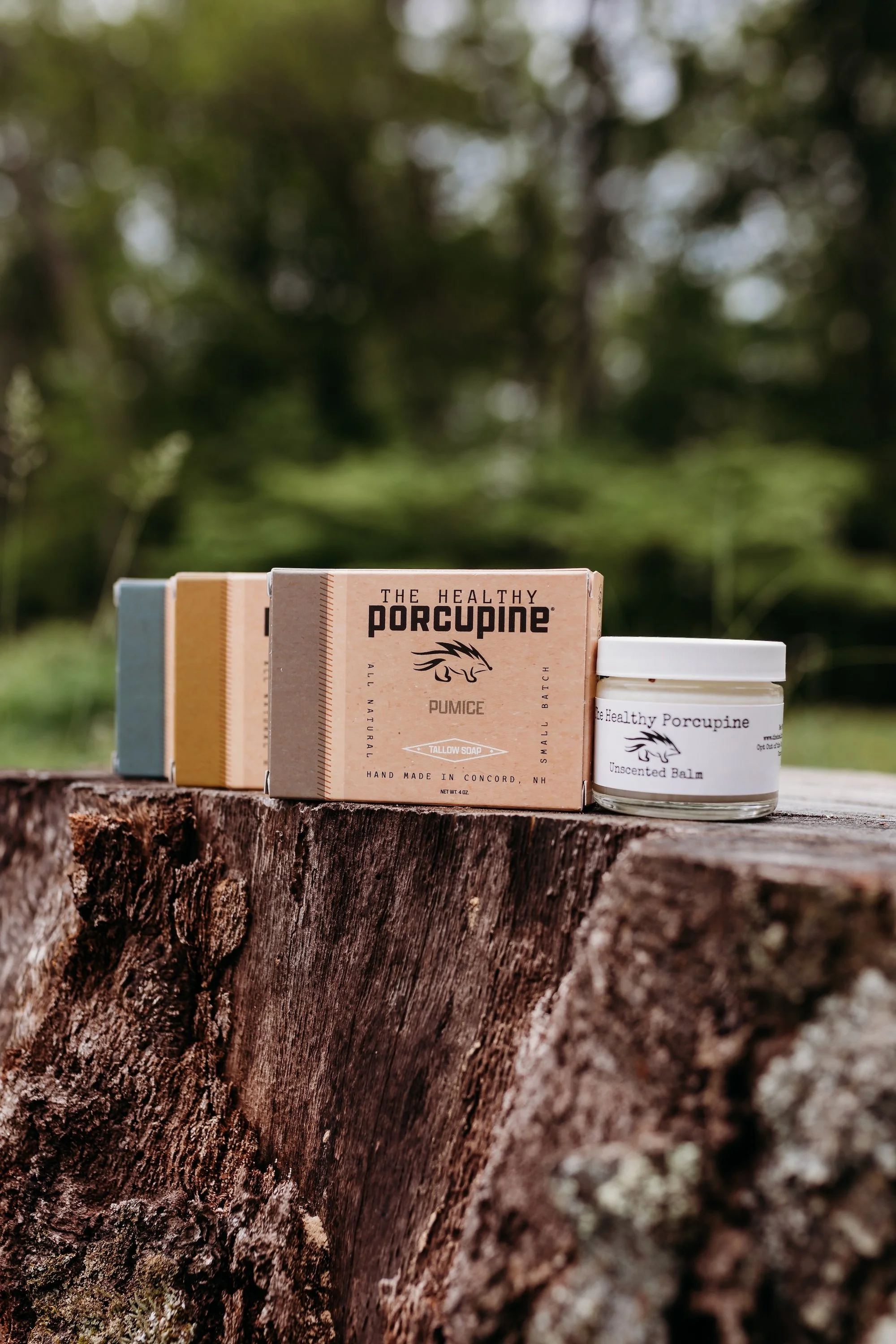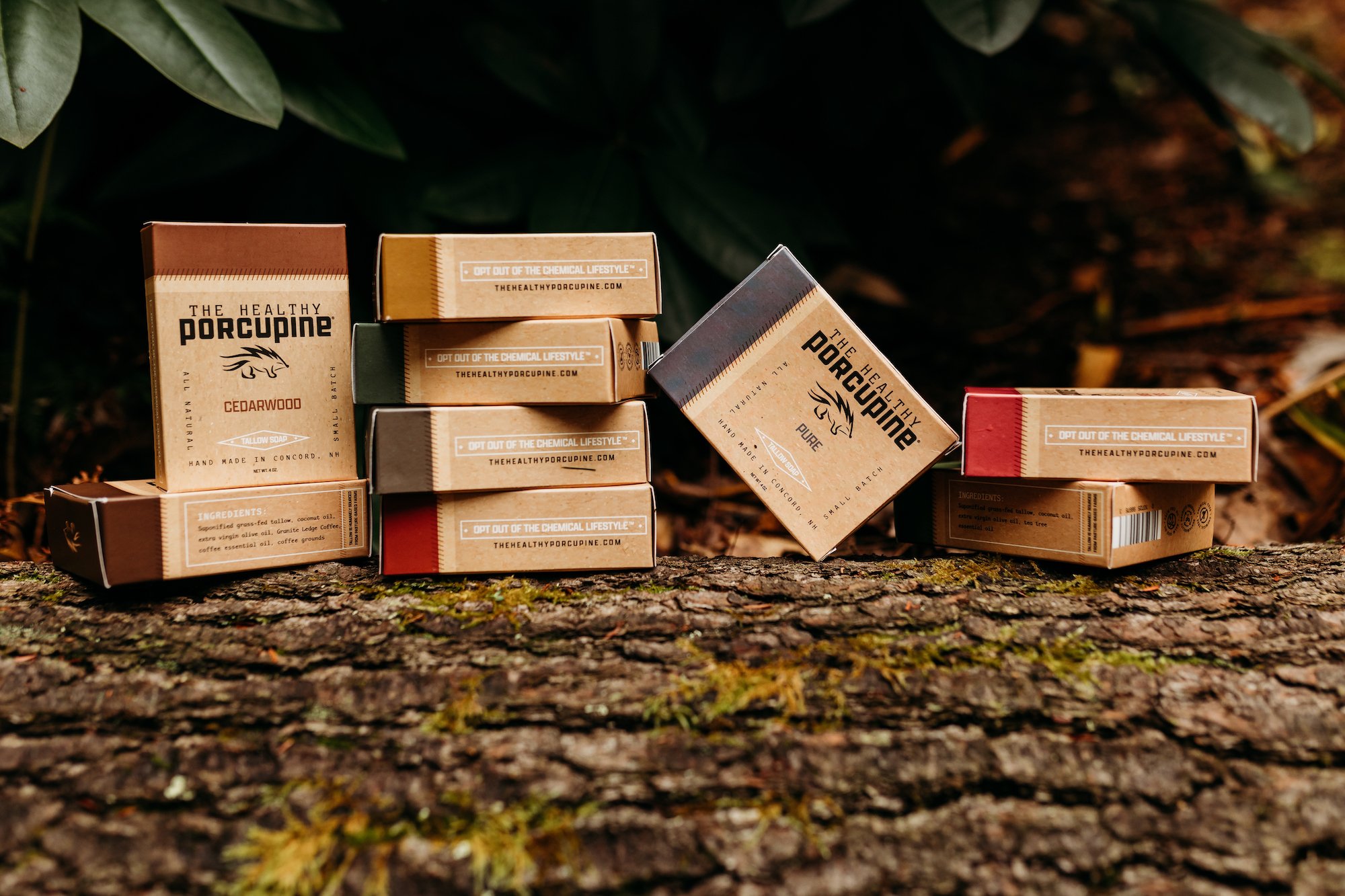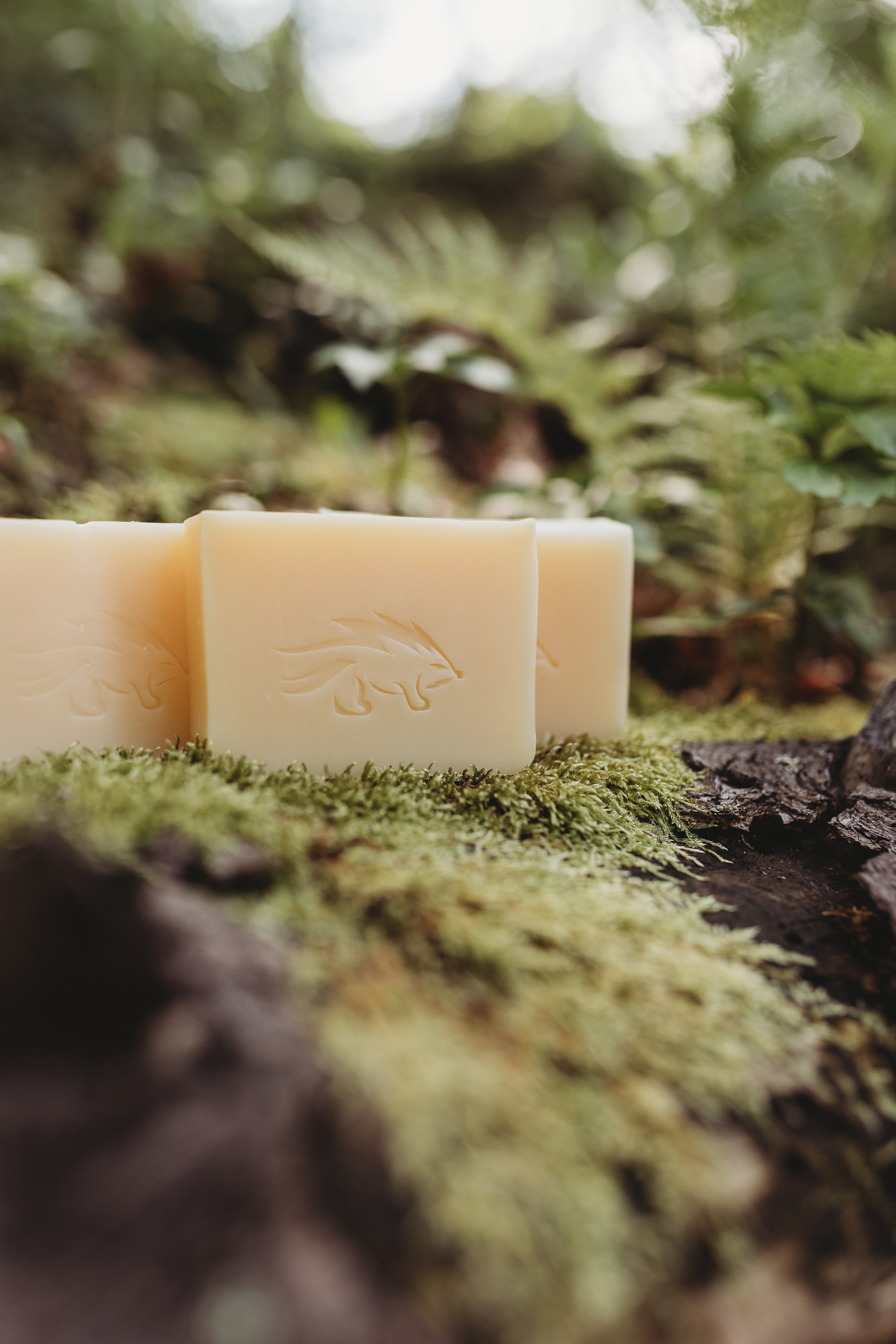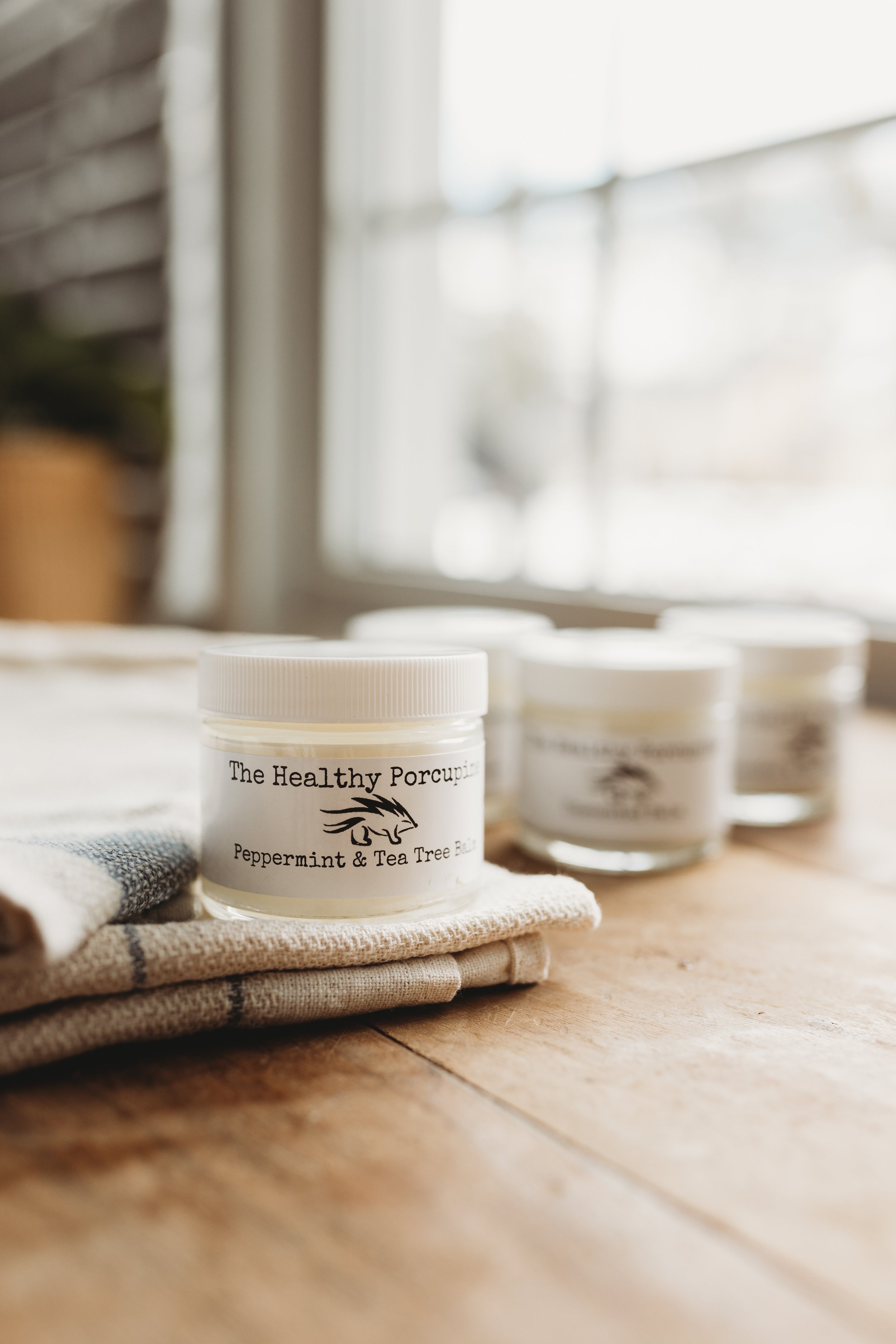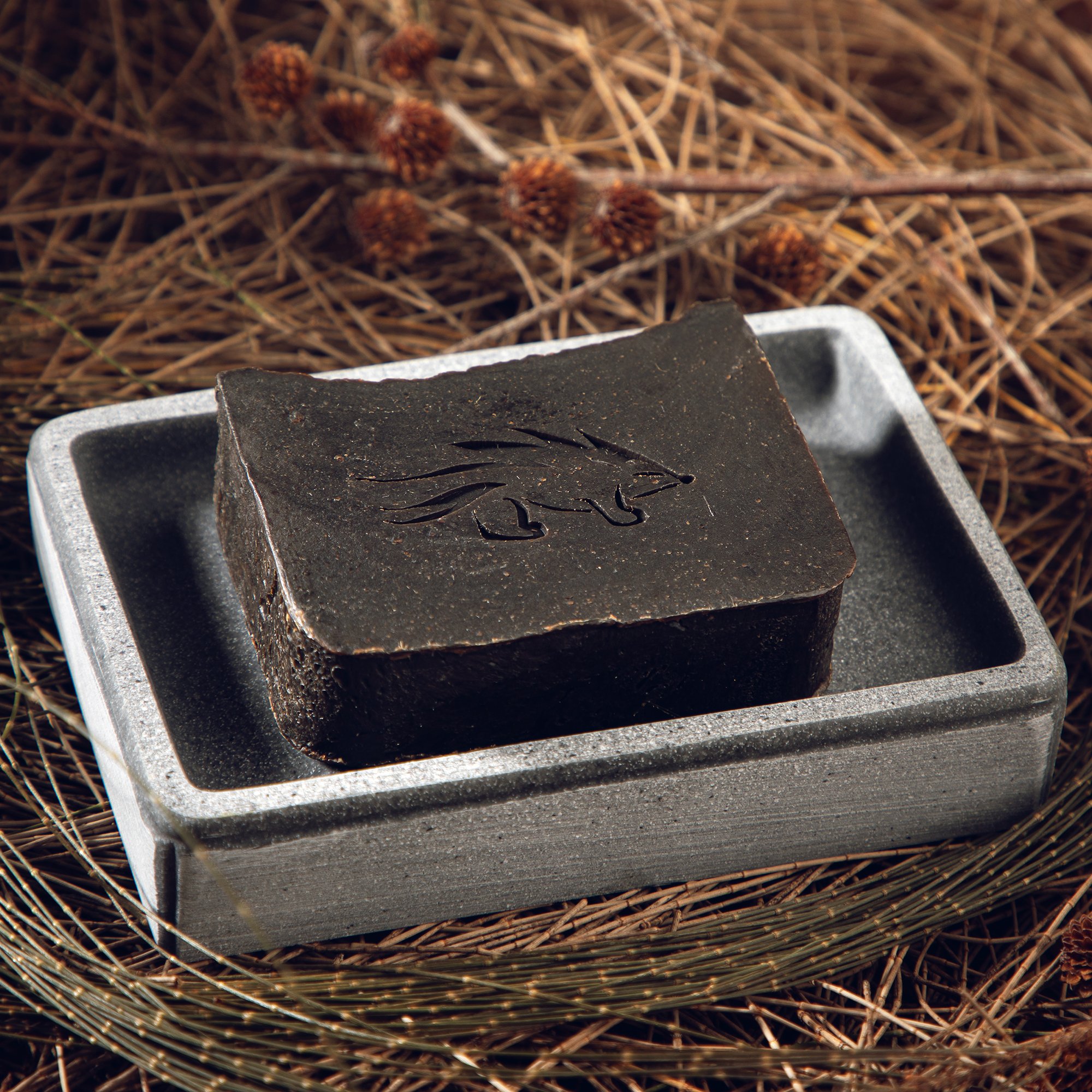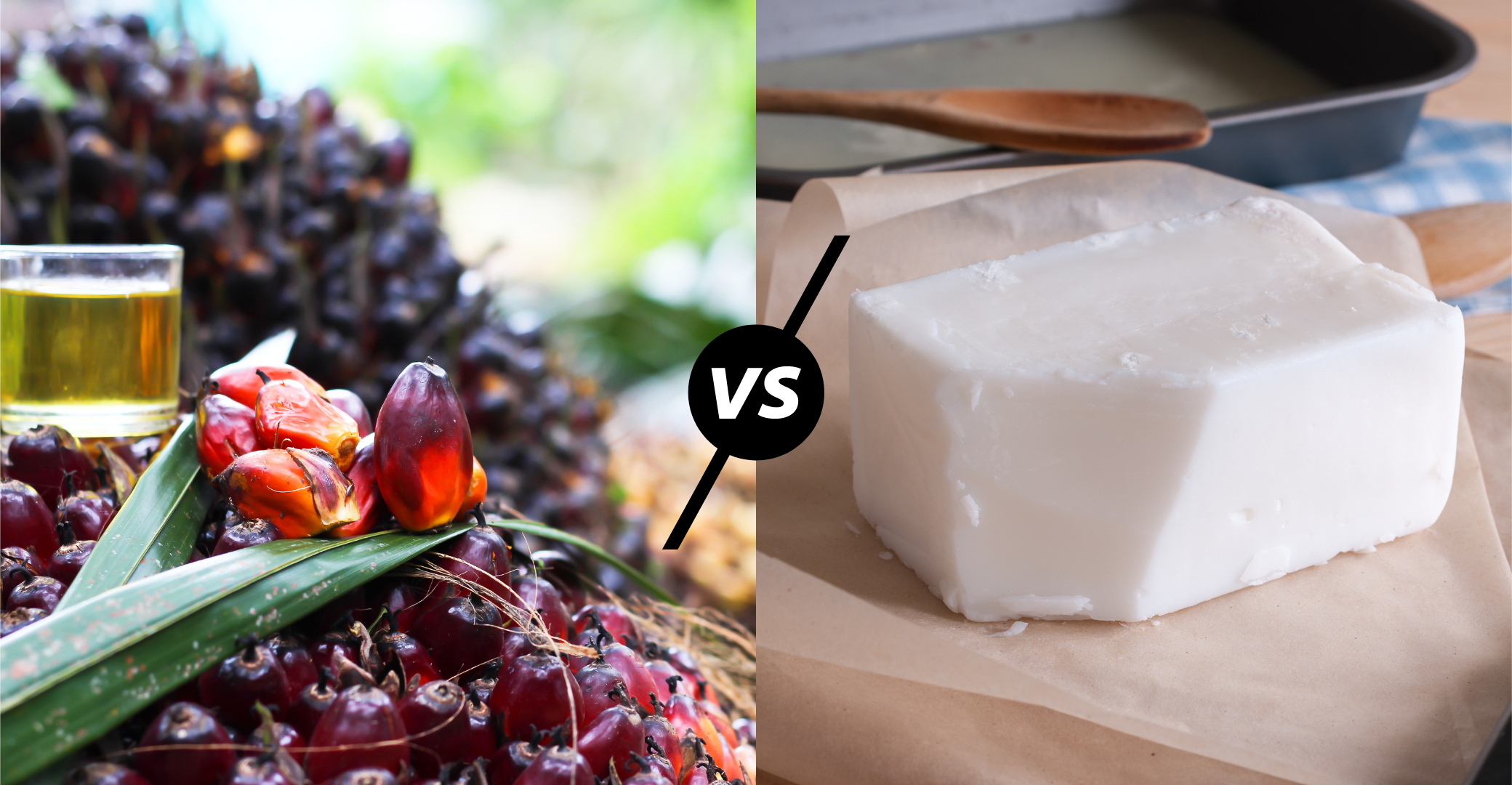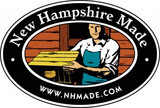When you’re packing for a trip, whether it’s a week camping in the mountains or a weekend exploring a new city, space is precious. You don’t want to pack bulky, single-purpose products. You want items that work hard, last long, and make life easier on the road. That’s where tallow soap comes in.
We’ve been making and using our tallow soaps for years, and one thing we’ve learned is this: once you travel with it, you’ll never want to leave home without it.
The All-in-One Solution for On-the-Go Living
Most people pack separate face wash, body wash, hand soap, and maybe even a laundry detergent sheet when they travel. That’s a lot of products and a lot of space taken up in your bag.
With tallow soap, you can streamline. One bar works for:
Face & body – Gentle enough for sensitive skin, but still deeply cleansing.
Hands – Perfect after handling camping gear, cooking, or a day exploring.
Clothes – In a pinch, you can hand-wash socks, t-shirts, or other light laundry.
Gear – Great for rinsing reusable water bottles, mess kits, and even yoga mats.
Skin Care in Any Climate
Travel can be hard on your skin due to factors like dry airplane air, sun exposure, windburn, and the grime that accumulates from a day in the city or out in nature.
Tallow soap is packed with vitamins like A, D, E, and K, and natural fatty acids that help replenish moisture instead of stripping it away. Whether you’re rinsing off after a dip in a lake or scrubbing away city smog, your skin will feel clean and nourished, not tight or itchy.
Eco-Friendly & Biodegradable
If you love camping or backpacking, you already know the importance of leaving no trace. Many conventional soaps contain synthetic ingredients that linger in the environment and can be harmful to wildlife.
Our tallow soaps are made from biodegradable, natural ingredients, meaning they break down safely without leaving behind harmful residues. You can even use them in outdoor settings (away from waterways) without worrying about damaging the ecosystem you came to enjoy.
Lightweight, Spill-Proof & TSA-Friendly
Bars are inherently travel-friendly. They don’t count as a liquid, so you can breeze through airport security without worrying about TSA size limits. There’s no risk of spills in your backpack or suitcase, and they last much longer than liquid soaps of the same weight.
For camping, they’re a mess-free alternative to pump soaps or body wash bottles, which are heavy, prone to leaking, and less eco-friendly to transport.
How to Pack & Use Tallow Soap on the Road
To make your bar last and stay fresh:
Cut your bar into smaller pieces so you can pack just what you need.
Use a soap saver bag (mesh or cotton) to help the soap dry quickly between uses.
Store in a tin or travel case with drainage holes to prevent sogginess.
Keep separate bars for body and laundry if you prefer.
Pro tip: Pair your soap with a small jar of tallow balm. It’s the perfect multi-use travel partner, working as a moisturizer, lip balm, cuticle cream, and even as a soothing salve for scrapes or insect bites.
Why You’ll Never Go Back
Once you experience the convenience, versatility, and skin benefits of traveling with tallow soap, it’s hard to imagine going back to juggling multiple bottles and products. It’s one of those small changes that makes every trip, whether it’s a rugged camping adventure or a luxurious getaway, just a little bit better.
So next time you pack your bag, slip in a bar of tallow soap. Your skin, your luggage space, and the planet will thank you.

